
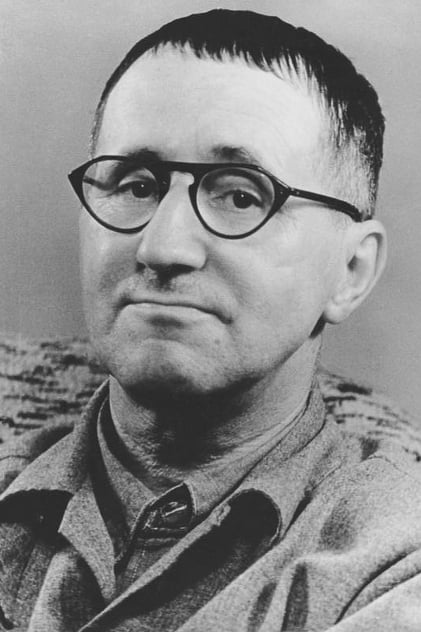
Bertolt Brecht
Born: February 10, 1898
Died: August 14, 1956
in Augsburg, Germany
Died: August 14, 1956
in Augsburg, Germany
Eugen Berthold Friedrich "Bertolt" Brecht was a German poet, playwright, and theatre director of the 20th century.
Movies for Bertolt Brecht...

Title: Brecht
Character: Himself (archive footage)
Released: March 22, 2019
Type: TV
East Berlin, 1956. Bertolt Brecht, revolutionary of the theater and poet of the state, looks back: his exploits as a teenager during the World War I; his romantic adventures during the twenties; the escape of the Nazi regime; the return from exile. The life of a timeless classic, a class fighter, an indefatigable free spirit, a committed artist.


Title: Brecht und das Berliner Ensemble
Character: Himself (archive footage)
Released: February 9, 2019
Type: Movie
Documentary about Brecht and the Berliner Ensemble.

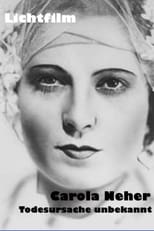
Title: Carola Neher - Todesursache unbekannt
Released: August 17, 2015
Type: Movie
"Cause of Death Unknown" - Carola Neher (1900-1942) actress, singer and feminist. Brecht wrote the role Polly Peachum for her. She practiced boxing with Marlene Dietrich. After Hitler seized power, thousands of German communists and anti-fascists fled to the Soviet Union, the "fatherland of the working people". The tragedy of German communism is that the vast majority of them perished or were lost during Stalin's "cleansing". Carola Neher is one of the fate figures of that time. In the 20s, she belonged to the narrow circle of Brecht actresses. The film accompanies her son Georg Becker in search of his mother's traces in the sinking Soviet Union.

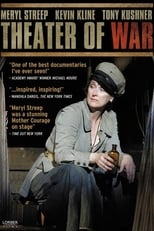
Title: Theater of War
Character: Self (archive footage)
Released: April 28, 2008
Type: Movie
A behind-the-scenes look at The Public Theater's production of Bertolt Brecht's "Mother Courage" that examines the playwright's life and ideas.

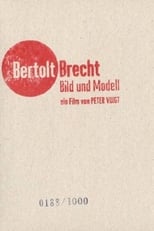
Title: Bertolt Brecht - Images and Model
Released: May 2, 2007
Type: Movie
Here meet personal memory, working knowledge, research interests and anecdotes together to vivid memory about the most important German dramatist of the 20th century. When the director Peter Voigt, former assistant director of Brecht at the Berliner Ensemble in 2004, finds a wallet with pictures and captions from the American exile, he pursued this track and discovered that Brecht has always worked with photography and film. Peter Voigt puts together an exciting collage of this film and photo material. A conversation with Erdmut Wizisla, the head of Bertolt Brecht Archives, moderated by Harald Müller, forms the dramatic bond of the film.

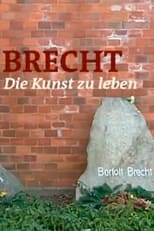
Title: Brecht - Die Kunst zu leben
Character: Self (archive footage)
Released: July 28, 2006
Type: Movie
He wanted to revolutionize theater practice and at the same time social awareness: Today Brecht, who was born in Augsburg in 1898 and died in East Berlin in 1956, is one of the most important playwrights of the 20th century.

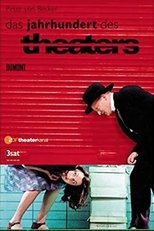
Title: Das Jahrhundert des Theaters
Character: Self (archive footage)
Released: April 6, 2002
Type: TV
"The Century of the Theater" - From the "birth of the director" to the "heroes of modernity" - an overview of the world of theater - illuminates the interaction with the history of the past hundred years is also shown.


Title: Der springende Punkt
Released: July 17, 1987
Type: Movie
Archive footage of bomb detonations during the Second World War combined with abstract graphic elements which show the destructive potential of modern nuclear missiles. Together the images are a silent warning of armament and war.

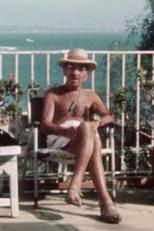
Title: Film Emigration from Nazi Germany
Character: Self (archive footage)
Released: November 11, 1975
Type: TV
Based on extensive interviews, shot on 16mm in a series of static long takes, Filmemigration aus Nazideutschland, is one of the most fascinating examples of "Film history on film" ever produced. Straschek devoted years to researching the topic and accumulating both film and non-film materials. Apart from some radio features and articles, however, this 290-minute TV programme remains the only published trace of Straschek's lifelong work on the emigration of film personnel. He had intended to publish a three-volume book, encompassing all available data about 3,000 emigrants originating from the centre and peripheries of film production, but the book never materialised.
